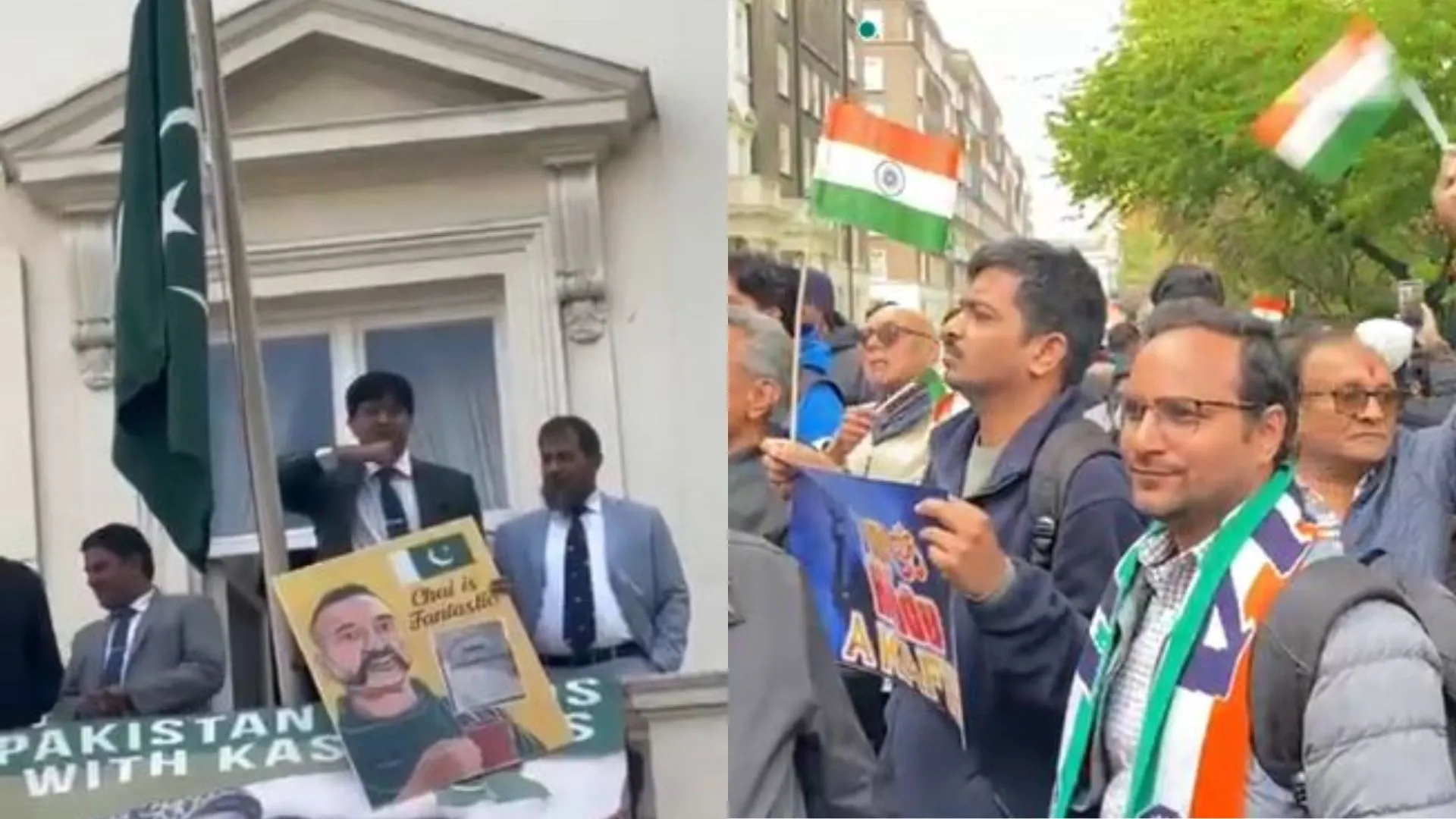In a recent press briefing at the White House, US Secretary of the Treasury Scott Bessent addressed the sharp rise in tariffs on China, stating the issue goes beyond one country. According to Bessent, the United States is responding to what it sees as broader misconduct in global trade practices.
Focus Shifts to China’s Neighbours in Trade Strategy
Bessent made it clear that the recent tariff escalation—raising duties on Chinese imports to 125 per cent—is aimed at pressuring “bad actors” in international trade. He emphasized that China’s actions have significantly contributed to global economic imbalances.
“It’s about bad actors. And what we see is some of the very early countries are China’s neighbours that we’re going to see. I’ve seen Vietnam today. Japan is in front, South Korea and India. So we will see,” said Bessent.
He continued, “And as I’ve repeatedly said, and President Trump has been saying for four years, China is the most imbalanced economy in the history of the modern world, and they are the biggest source of the US trade problems. And indeed they are a problem for the rest of the world.”
Though he avoided labeling it a “trade war,” Bessent acknowledged that China had escalated tensions, prompting President Trump to take bold action. “I’m not calling it a trade war, but I am saying that China has escalated, and the President responded very courageously to that, and we are going to work on a solution with our trading partners,” he said.
Trump’s Strategy Sparks Global Negotiation Momentum
Bessent also praised the President’s recent moves, crediting them with sparking interest from over 75 countries in entering trade talks with the US.
“The successful negotiating strategy that President Trump implemented a week ago today. It has brought more than 75 countries forward to negotiate. It took great courage – great courage for him to stay the course until this moment, and it ended up here.”
He added, “As I told everyone a week ago in this very spot, ‘Do not retaliate, and you will be rewarded.’ So every country in the world that wants to come and negotiate, we are willing to hear you; we’re going to go down to a 10 per cent baseline tariff for them, and China will be raised to 125 per cent due to their insistence on escalation.”
Earlier in the week, President Trump had announced the tariff hike against China while simultaneously offering a 90-day pause on tariffs for countries seeking trade negotiations with the US. This gesture included significantly lower reciprocal tariffs for 75 countries.
This move followed China’s decision to retaliate by raising tariffs on American goods from 34 per cent to 84 per cent, effective April 10.
Beyond Tariffs: Expanding the Scope of Trade Talks
Bessent also clarified the President’s direct involvement in trade discussions. “President Trump wants to be personally involved. So that’s why we’re hitting the 90-day plan,” he said.
The scope of these talks may go beyond trade alone. Bessent hinted at the possibility of cooperation on infrastructure, pointing to a proposed LNG project in Alaska. Countries like South Korea, Japan, and Taiwan have shown interest in backing the project financially.
White House Press Secretary Karoline Leavitt also spoke at the briefing, underlining that the global response to the US trade strategy defies earlier predictions.
“Many of you in the media clearly missed the ‘art of the deal’; you clearly failed to see what President Trump is doing here. You tried to say that the rest of the world would be moved closer to China when, in fact, we’ve seen the opposite effect.”
She emphasized, “The entire world is calling the United States of America, not China, because they need our markets.”
Leavitt concluded by backing Trump’s long-term vision. “We finally have a president here at the White House who is playing the long game, who is doing what is right for the American worker.”
Meanwhile, China’s latest tariff hike came shortly after the US announced a tariff increase to 104 per cent, in response to Beijing’s earlier imposition of a 34 per cent tariff. Trump later added another 50 per cent increase, marking the latest development in the growing trade standoff.
(With ANI Inputs)
ALSO READ: Trump’s ‘Golden Dome’ Missile Defense Shield Plans Advance As Hegseth Weighs In























